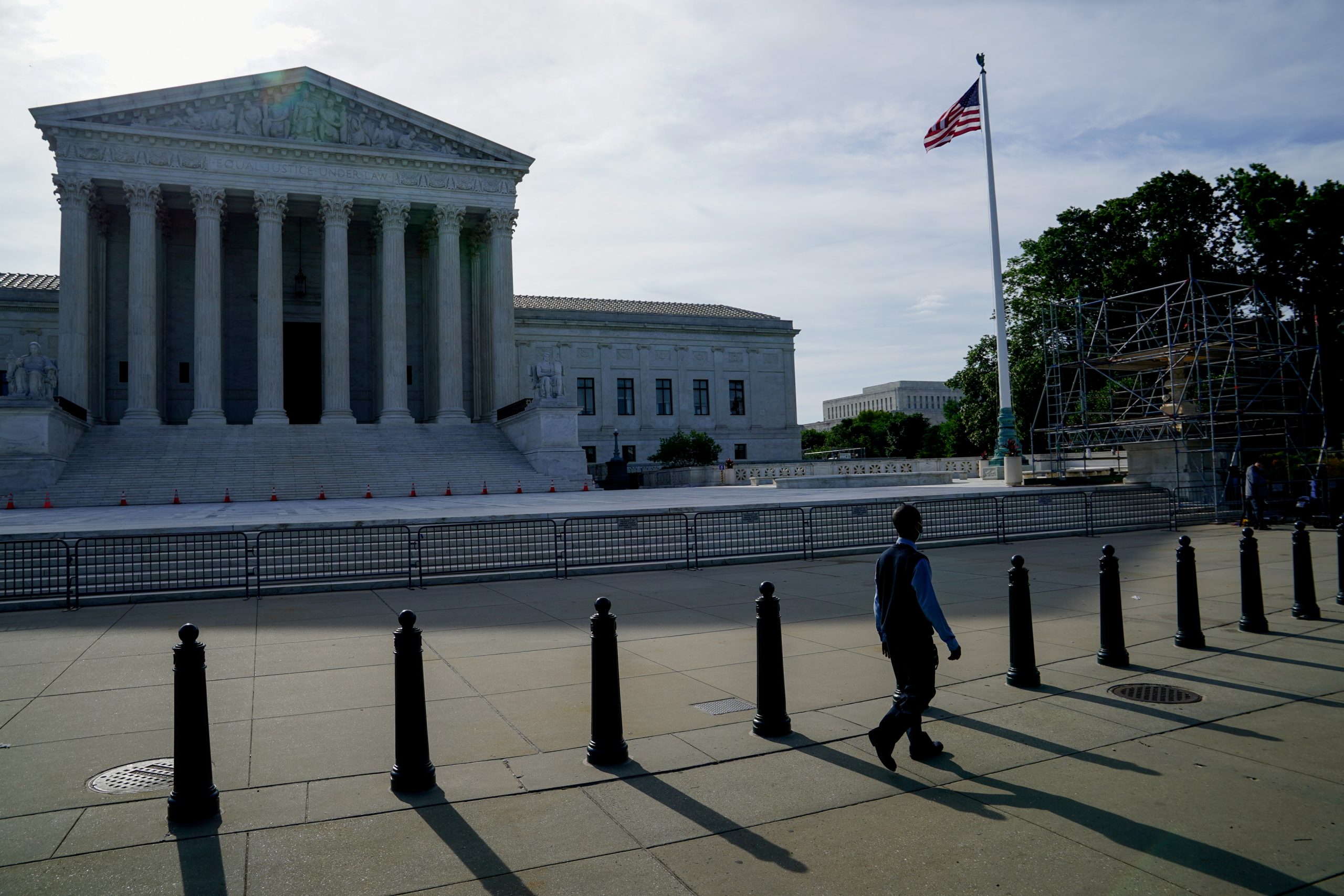
Justin Bullock, FISM News
[elfsight_social_share_buttons id=”1″]
Justice Gorsuch and Justice Clarence Thomas, two of the more conservative Supreme Court justices, sided with the three liberal justices, Elena Kagan, Sonia Sotomayor, and Stephen Breyer, in a 5-4 majority in the recent case of Borden v. United States. This split is particularly surprising in the case of Justice Thomas who is popularly regarded as the most conservative justice on the Court.
The US Supreme Court currently has a conservative majority with six conservative justices and three liberal justices. Three of the conservative justices, Neil Gorsuch, Brett Kavanaugh, and Amy Coney Barrett, are recent appointments under former President Trump. In most cases, and especially with respect to hot button issues, the Court will trend in a conservative direction with a 6-3 vote. However, in some cases, where the political philosophical divide is not as clear, there are instances in which the voting of the Court is more mixed.
The Borden case had to do with a criminal justice law known as the Armed Career Criminal Act (ACCA). This law is directed at repeat felons with the intent to curb career criminals. It mandates a 15 year minimum sentencing for specific repeat criminals who are found in possession of a firearm. The Court voted 5-4 in the Petitioner’s (or the Defendant’s) favor, and Justice Kagan wrote the majority opinion stating,
The question here is whether a criminal offense can count as a ‘violent felony’ if it requires only a mens rea of recklessness — a less culpable mental state than purpose or knowledge. We hold that a reckless offense cannot so qualify.
In essence, the Court decided that the reckless assault which Mr. Borden had previously been convicted did not amount to a crime for which the ACCA could apply. The reasoning is that in most cases of reckless assaults, the criminal actor does not have a high degree of purpose in mind when committing the crime. In effect, the Court held that most instances of reckless assaults amount to crimes of passion which are not covered under the ACCA.
Justice Thomas wrote a separate concurring opinion to the majority opinion where he marginally disagreed with the majority’s reasoning but ultimately did agree with the majority’s conclusion. Justice Kavanaugh wrote the dissenting opinion for the minority holding that Mr. Borden’s case should be subject to the ACCA and wrote,
Today’s decision overrides Congress’s policy judgment about the risk posed by serial violent felons who unlawfully possess firearms. And today’s decision will have significant real-world consequences.
